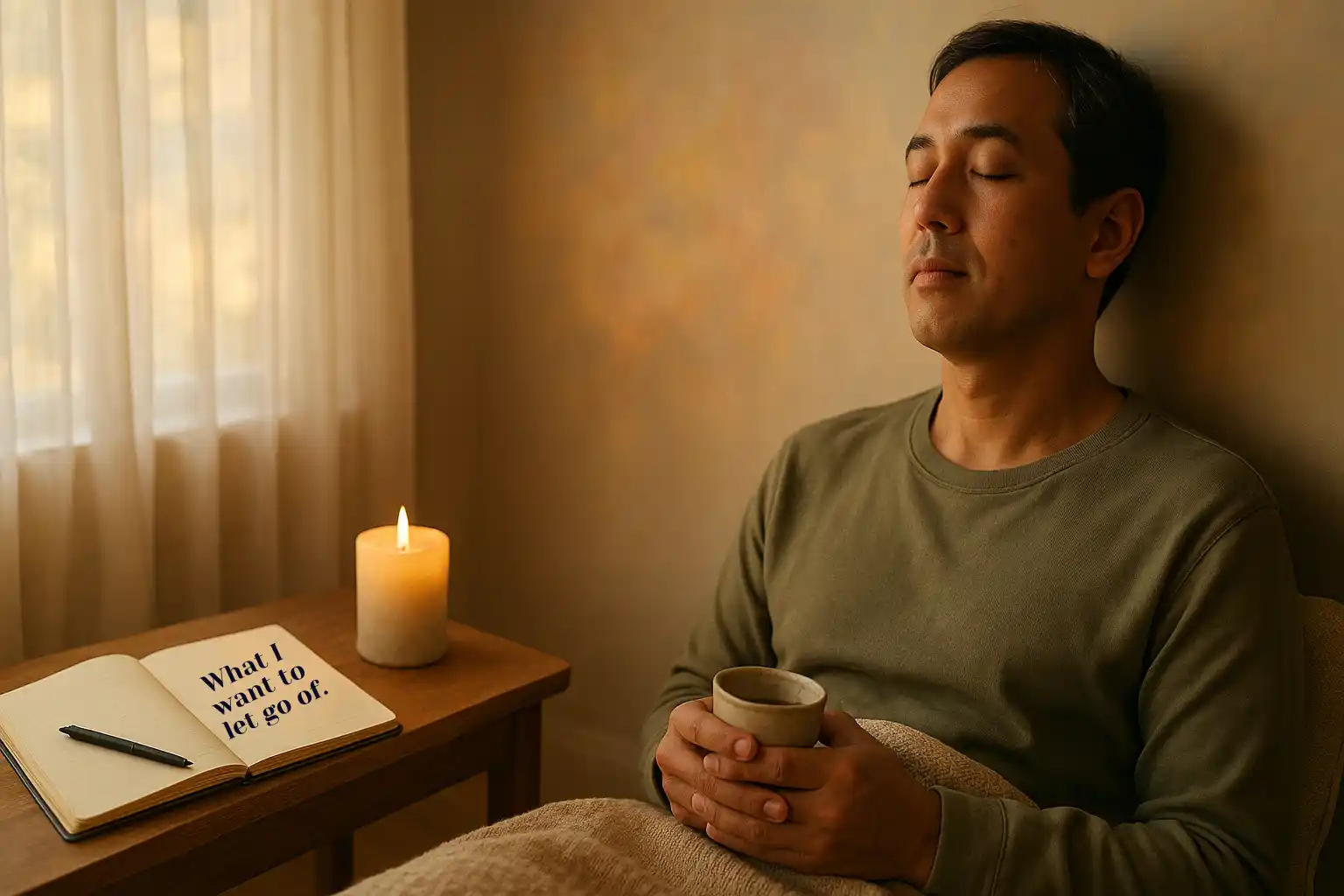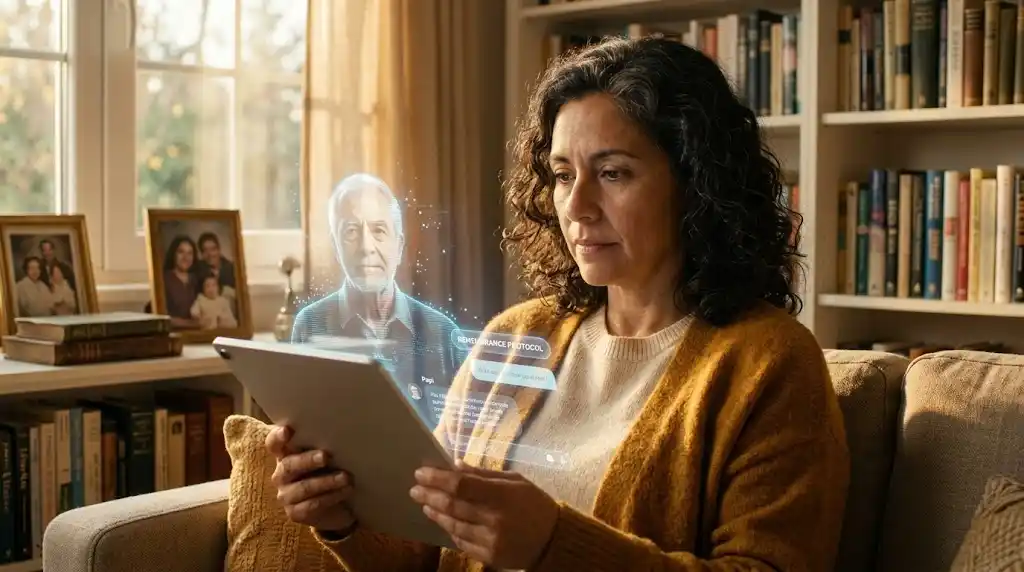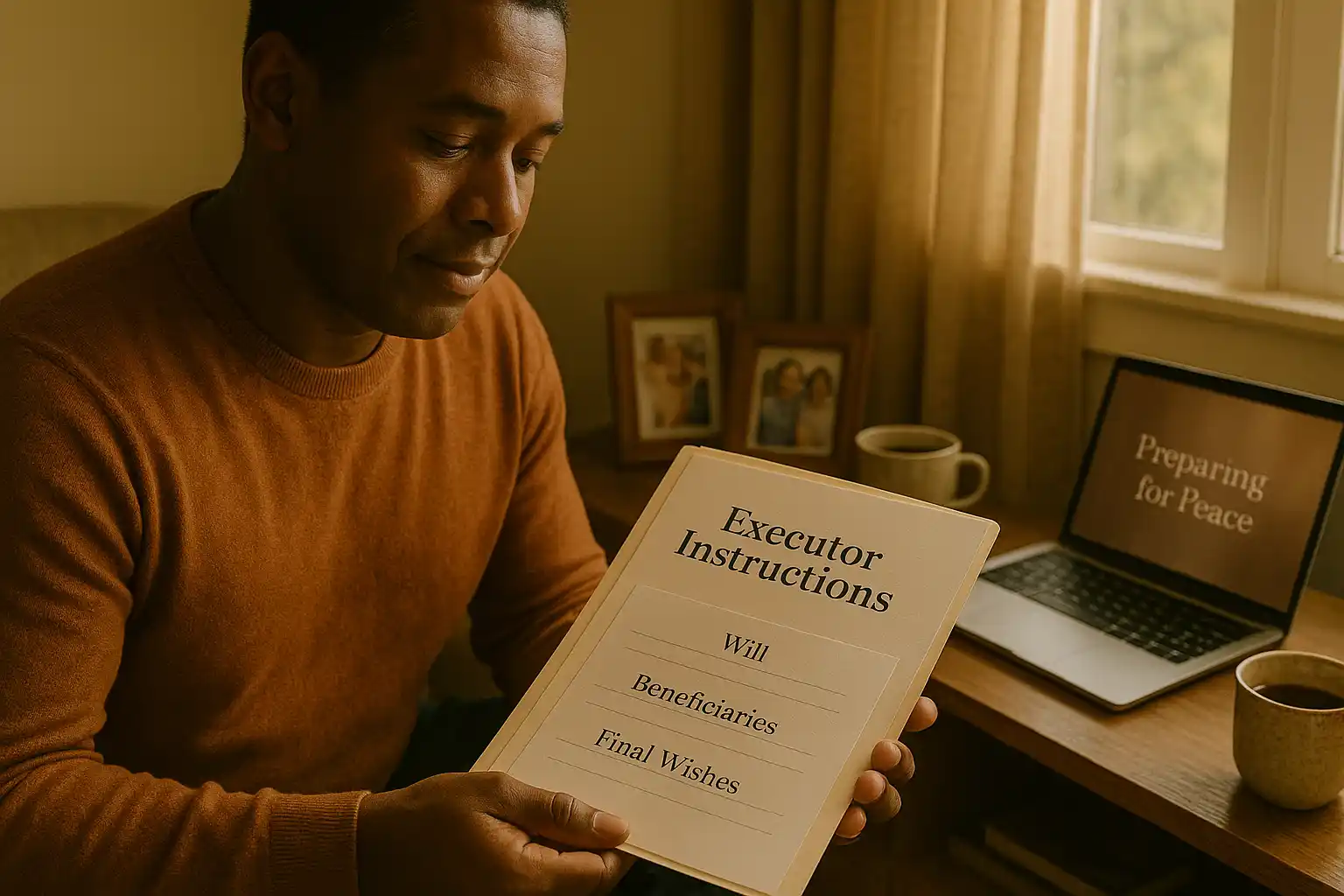Embracing the Inevitable: Why End-of-Life Planning is a Gift
Talking about death and dying is uncomfortable. Most of us avoid it, push it aside, and assume we’ll deal with it when the time comes. But as experts in hospice and palliative care remind us, avoiding these conversations only makes it harder when the inevitable arrives.

About This Blog
Talking about death and dying is uncomfortable. Most of us avoid it, push it aside, and assume we’ll deal with it when the time comes. But as experts in hospice and palliative care remind us, avoiding these conversations only makes it harder when the inevitable arrives.
In a recent episode of the Death and Dying in the Digital Age podcast, host Niki Weiss sat down with Dr. Marianne Matzo, FAAN, a seasoned palliative care nurse and founder of Everyone Dies, a nonprofit and podcast dedicated to End-of-Life education. Their conversation explored the complexities of death in today’s medicalized world, the challenges families face in decision-making, and the importance of having a clear plan long before it’s needed.The Difference Between Hospice and Palliative Care
One of the most misunderstood aspects of End-of-Life care is the distinction between hospice and palliative care. While they share a common goal—improving quality of life—they serve different purposes:
Palliative Care is available to anyone with a serious illness, regardless of prognosis. It focuses on pain and symptom management and can be integrated alongside curative treatments.
Hospice Care is reserved for those with a life expectancy of six months or less. It shifts focus entirely to comfort care and symptom relief, rather than seeking a cure.
A major issue, as discussed in the podcast, is that many patients and families delay hospice care until the very last moments of life—sometimes mere days or weeks before passing. This delay often stems from a cultural aversion to discussing death, coupled with a healthcare system that prioritizes intervention over comfort.
Why Families Struggle with End-of-Life Decisions
A common scenario in End-of-Life care involves family members struggling to agree on what’s best for their loved one. As Dr. Matzo explained, these conflicts often arise because there were no prior conversations or directives in place.
When a loved one is no longer able to express their wishes, families are left making difficult decisions in a vacuum. Some members may cling to every possible medical intervention, while others may advocate for a more natural passing. Without clear guidance, disagreements can lead to emotional turmoil and guilt.
To avoid this, experts strongly advocate for advance care planning—the process of documenting one’s End-of-Life wishes before they become necessary.
The Importance of Medical Advance Directives
A medical advance directive is a legal document that outlines a person’s medical wishes should they become unable to communicate. This includes:
Whether they want to be resuscitated
Their stance on artificial life support (ventilators, feeding tubes, etc.)
Preferences for pain management and comfort care
Naming a healthcare proxy—a trusted person who can make medical decisions on their behalf
Every state has different laws regarding medical advance directives, but most allow free access to standardized forms. Websites like Five Wishes provide a user-friendly way to document preferences in an accessible, compassionate manner.
Allowing for a Natural Death
A powerful theme discussed in the podcast was the concept of allowing natural death. Modern medicine has given us the ability to prolong life far beyond what was once possible, but this often comes at the cost of quality of life.
In some cases, aggressive treatments do not offer meaningful extension of life but rather prolong suffering. For example, hospital transfers for frail elders can be disorienting and traumatic. As Dr. Matzo pointed out, emergency rooms are not designed for peaceful End-of-Life experiences; they are chaotic, bright, and cold—a stark contrast to a home or hospice setting.
Choosing to allow natural death does not mean giving up. It means recognizing when medical intervention is no longer beneficial and prioritizing dignity, comfort, and peace.
Taking Action: What You Can Do Today
If you haven’t had these conversations yet, now is the time. Here are some simple steps you can take to ensure you and your loved ones are prepared:
Start the Conversation – Talk openly with your family about what matters most to you. Share your thoughts on quality of life, medical interventions, and where you’d prefer to spend your final days.
Complete a Medical Advance Directive – Download your state’s form, fill it out, and discuss it with your loved ones.
Appoint a Healthcare Proxy – Choose someone you trust to make medical decisions on your behalf if you are unable to.
Organize Important Documents – Keep your medicaladvance directive, insurance policies, and any End-of-Life preferences in a dedicated, accessible place. Some call this a "crucial doc box."
Explore Hospice and Palliative Care Options – If you or a loved one is facing a serious illness, ask your doctor about palliative care early. Don’t wait until the final days to explore hospice care—it is a resource meant to be used for months, not just weeks.
Final Thoughts: A Gift of Peace
End-of-life planning isn’t about being morbid—it’s about taking control and removing the burden of tough decisions from your loved ones. It’s about ensuring that when the time comes, your passing is met with peace, dignity, and the comfort of knowing your wishes are honored.
If you found these topics insightful, be sure to watch the full episode with Niki and Dr. Marianne Matzo on YouTube. Also, check out Marianne’s nonprofit, Everyone Dies, where you’ll find more resources, educational materials, and even a podcast dedicated to these important conversations.
By embracing the conversation about death, we create a more compassionate and prepared world for ourselves and those we love.
If something happened to you, would the people in your life know what to do? Don't leave your loved ones in the dark. Start developing your end-of-life and digital legacy plan. My Final Playbook App on the App Store or Google Play or visit us online at Final-Playbook.Passion.io to get started. With My Final Playbook, you'll be able to start and learn how to organize your legal, financial, physical, and digital assets today. Until then, keep your password safe and your playbook up to date.
Related Blog
Duis mi velit, auctor vitae leo a, luctus congue dolor. Nullam at velit quis tortor malesuada ultrices vitae vitae lacus. Curabitur tortor purus, tempor in dignissim eget, convallis in lorem.





Comments